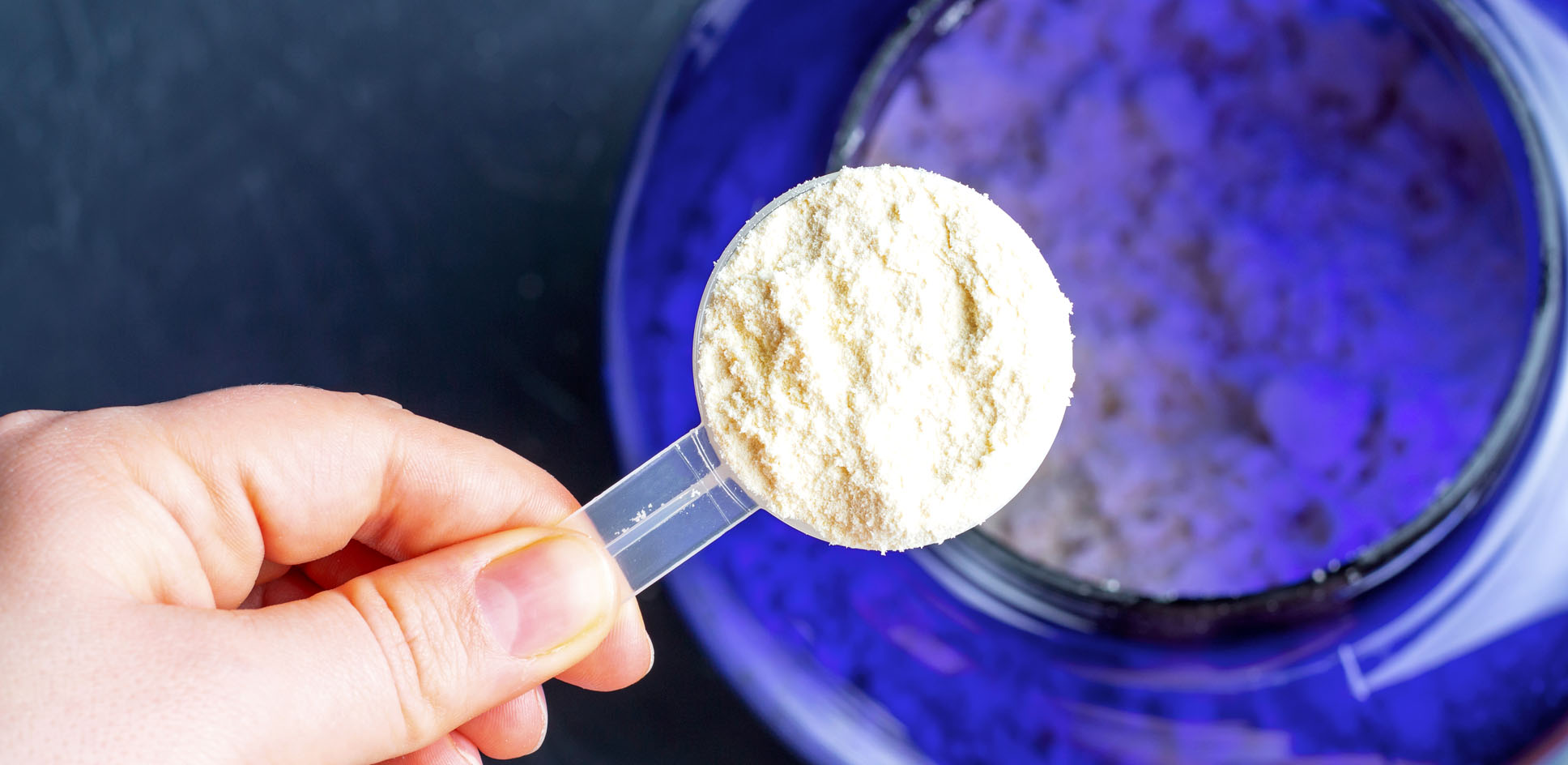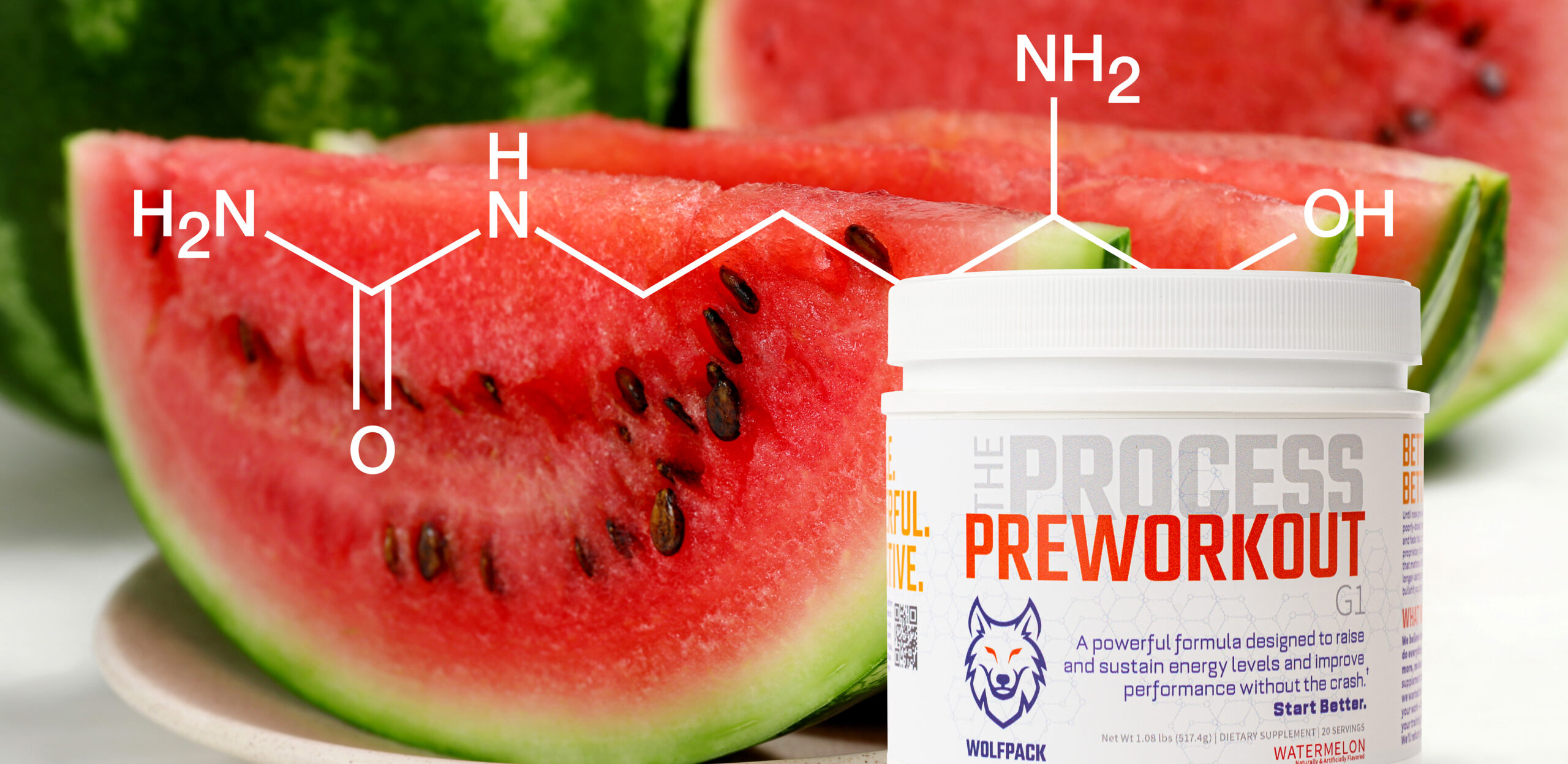
Protein: Whey vs. Isolate

Protein is an essential macronutrient for the human body that aids in the growth and maintenance of muscle and other tissues. In recent years, protein supplements have become increasingly popular among athletes, bodybuilders, and those looking to improve their health. Of the various types of protein supplements available, whey protein and whey isolate protein are two of the most popular. While both types of protein offer numerous health benefits, there are some important differences between the two. This essay aims to outline the differences between whey protein and whey isolate protein and explain why one may be better than the other for certain individuals.
What is Whey Protein?
Whey protein is a type of protein derived from milk. It is considered to be a complete protein, meaning it contains all nine essential amino acids. When milk is processed, the liquid whey is separated from the solid curds. The liquid whey is then dried and processed into a powder form, which is then used to make various types of whey protein supplements. Whey protein is popular due to its high quality and its ability to be quickly digested and absorbed by the body.
What is Whey Isolate Protein?
Whey isolate protein is a form of protein derived from whey. It is created by further filtering and processing the whey protein to remove any fat, lactose, and other components. This results in a product that is much higher in protein content compared to regular whey protein. Whey isolate protein is also a complete protein, making it a great choice for those looking to increase their protein intake.
Key Differences Between Whey Protein and Whey Isolate Protein
When it comes to the differences between whey protein and whey isolate protein, there are a few key points to consider. Firstly, whey isolate protein is much higher in protein content than whey protein. While whey protein typically contains around 80% protein, whey isolate protein can contain up to 90% protein. This makes it a great choice for those looking to increase their protein intake.
In addition, whey isolate protein is much lower in fat and lactose than whey protein. This makes it a good choice for those who are lactose intolerant or want to reduce their fat intake. It is also much quicker to digest and absorb than regular whey protein, making it a great choice for those who need a fast-acting protein source.
Finally, whey isolate protein is much more expensive than regular whey protein. This is due to the additional processing and filtering steps required to create the finished product.
There are important differences between whey protein and whey isolate protein. Whey isolate protein is higher in protein content, lower in fat and lactose, and quicker to digest and absorb. However, it is also much more expensive than regular whey protein. Ultimately, the choice between the two types of proteins should be based on individual needs and goals.




